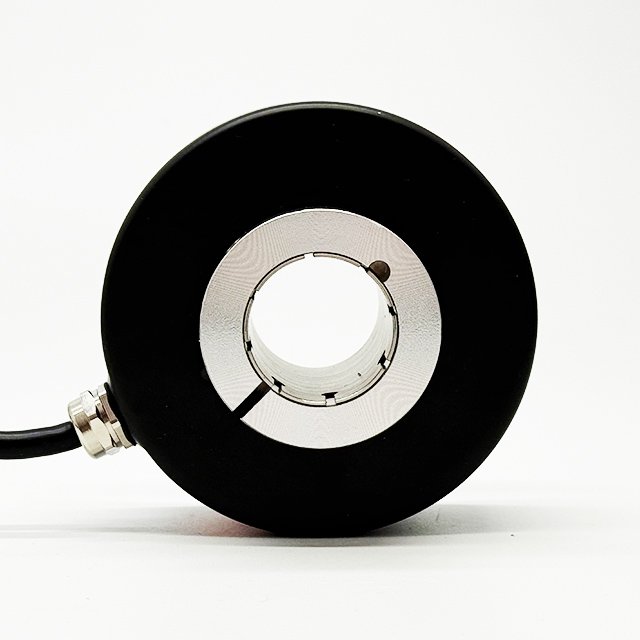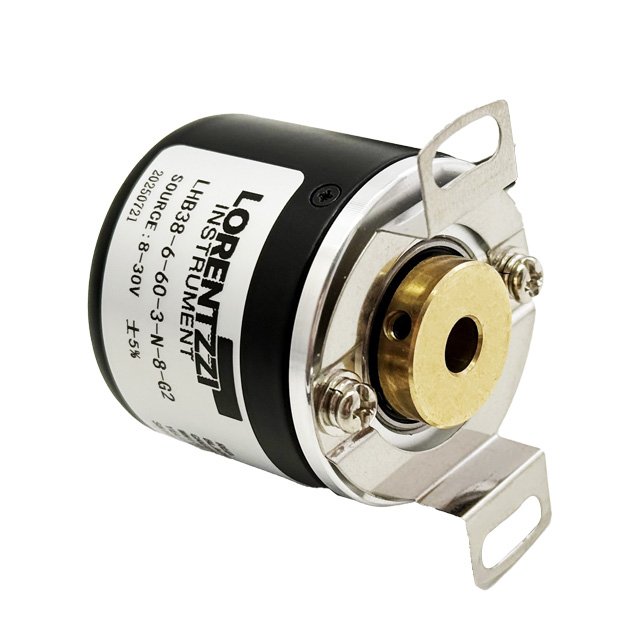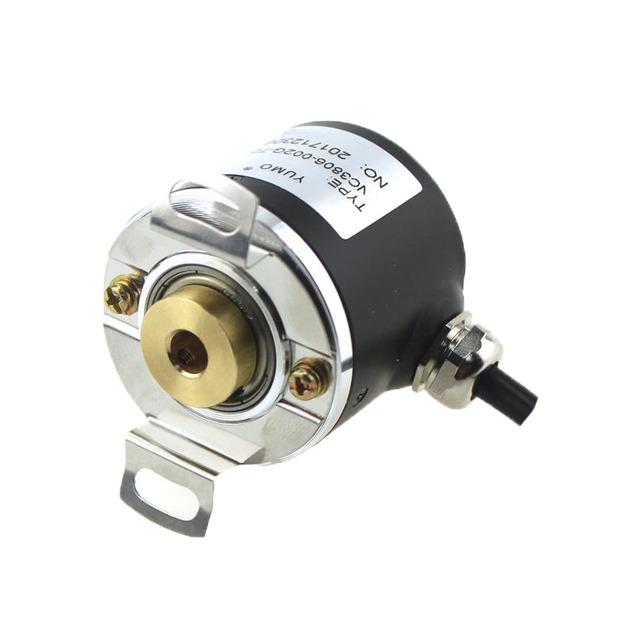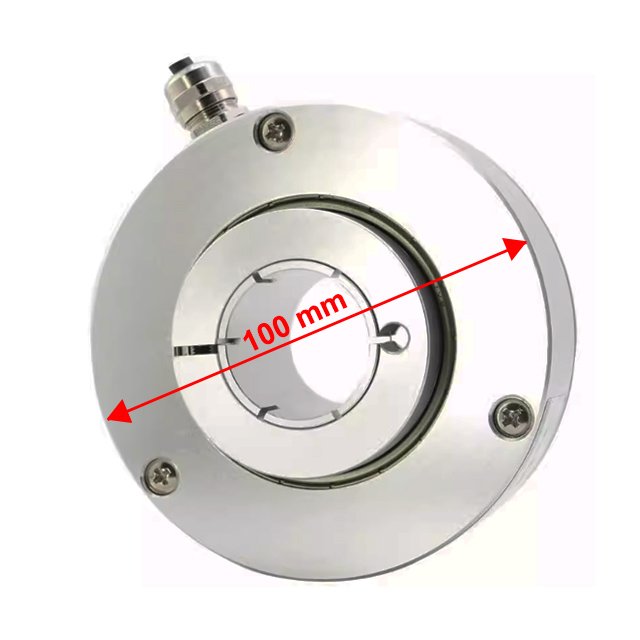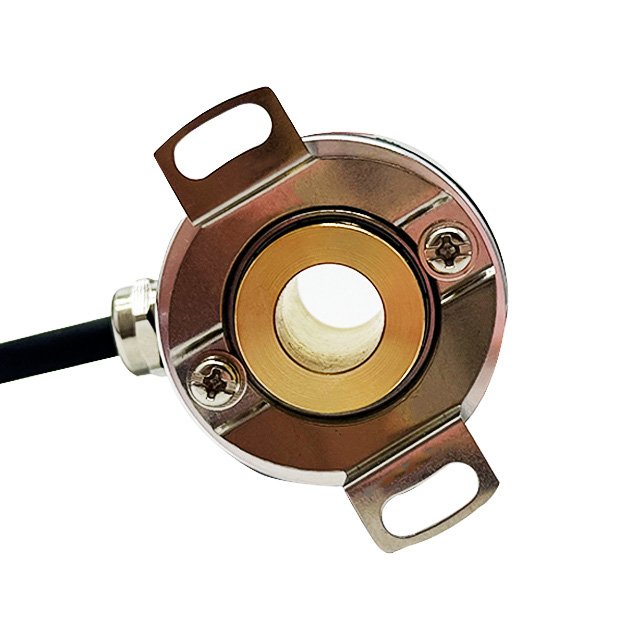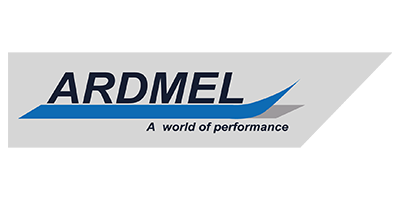Hollow Shaft Encoder
- A variety of hollow shaft encoders are available.
- High cost performance and excellent quality
- OEM and ODM available
- Two-year warranty
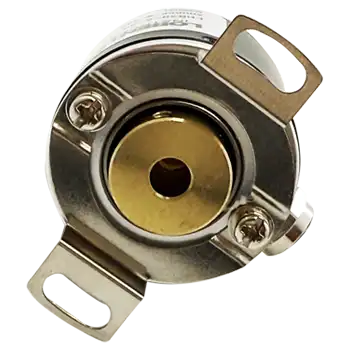
Our products
Lorentzzi® is a leading provider of high-quality hollow shaft incremental rotary encoders in China. Our encoders are designed to deliver exceptional performance and reliability, ensuring precise motor control and maximizing production efficiency. Choose Lorentzzi® for reliable, high-precision feedback solutions that drive your operational excellence.
-
Resolution up to 10,000 PPR, Optional ABZ or AA-BB-ZZ-, Outer...
-
30 PPR to maximum 2500 PPR optional, OD 80.0 mm,...
-
Blind type hollow shaft incremental encoder, Outer diameter 40 mm,...
-
Resolution is programmable according to different applications, Easy to use...
-
External diameter can be 38mm, 40mm, 50mm and 58mm etc.,...
-
OD 100 mm large bore, Hollow shaft diameter 35 mm...
-
Outer diameter range: 38 mm to a maximum of 120...
Can’t find the product you need? Click the button to contact us!
Why choose us to be your supplier?
china supplier
Our factory is located in the low-voltage electrical appliances hub in China. Our products deliver superior quality and competitive pricing.
Wide products range
Lorentzzi can supply a full range of high quality incremental hollow shaft rotary encoders, the resolution ranges from 100 PPR to maximum 5400 PPR.
Fast delivery
We always keep the encoder inventory at a reasonable level. We can deliver our products to you within 4-5 days, allowing you to resume production in time
Frequently asked questions
Hollow shaft encoders are widely used as feedback sensors in various rotating equipment and are suitable for many types of motors, including DC motors, AC motors, torque motors, servo motors, and stepper motors.
As China’s leading hollow shaft rotary encoder manufacturer, Lorentzzi can produce incremental hollow shaft encoders with shaft diameters ranging from 38 mm small diameter to 120 mm large diameter.
In the following sections, we will introduce hollow shaft encoders from 5 aspects. They are the advantages and disadvantages, types, well-known brands, and accessories of hollow shaft encoders.
What is a hollow shaft encoder?
A hollow shaft encoder (for instance, our 2000 PPR hollow shaft incremental rotary encoder) is a sensor with a hollow design that converts the position or speed information of a rotating object into a measurable electrical signal.
Types of hollow shaft encoders
If classified according to the hole depth, hollow shaft encoders can be divided into through-hole type and blind-hole type.
The center hole of the through-hole encoder runs through the entire length, while the center hole of the blind-hole encoder only extends to a certain depth and cannot be completely penetrated.

According to the different encoding methods, hollow shaft encoders can be divided into two types: incremental type and absolute type.
Benefits of hollow shaft encoders
Compared with the solid shaft encoders, the hollow shaft encoders have many advantages, you can see more details by our blog: Hollow Shaft Vs. Solid Shaft Rotary Encoders: Key Differences & How to Choose.
How to choose Lorentzzi Hollow shaft encoder?
7 Steps to select the ideal Lorentzzi hollow shaft encoder

- Determine the Outer Diameter: Start by specifying the required outer diameter to ensure compatibility with your mechanical setup.
- Hollow Shaft Specifications: Confirm the hollow shaft diameter and select between a through-hole or blind-hole design based on your application requirements.
- Resolution Requirements: Higher resolution ensures better measurement accuracy. Define the resolution that aligns with your precision needs.
- Output Phase Configuration: Choose between standard ABZ three-phase output or ABZ with reverse signal (6-phase) for enhanced flexibility.
- Output Signal Type: Select the appropriate signal type: push-pull, open collector, or line driver, depending on your system’s electrical requirements.
- Working Voltage: Specify the operating voltage range (5VDC or 8–30VDC) to match your power supply constraints.
- Cable Outlet Design: Decide between rear or side cable entry, and ensure the cable length meets your installation needs.
Applications of hollow shaft encoders
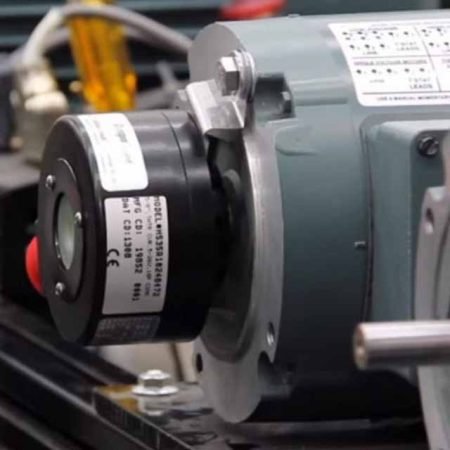
Motor control: Hollow shaft encoders are widely used in the control of DC motors, AC motors, servo motors, etc., providing accurate position and speed feedback to ensure the stability and accuracy of motor operation.

Joint position measurement: In industrial robots and collaborative robots, hollow shaft encoders are installed inside the joints to directly measure the position and movement, achieving high-precision control.

Yaw control: used to monitor the yaw angle of the wind turbine to ensure that the wind turbine always faces the wind direction and improve power generation efficiency.
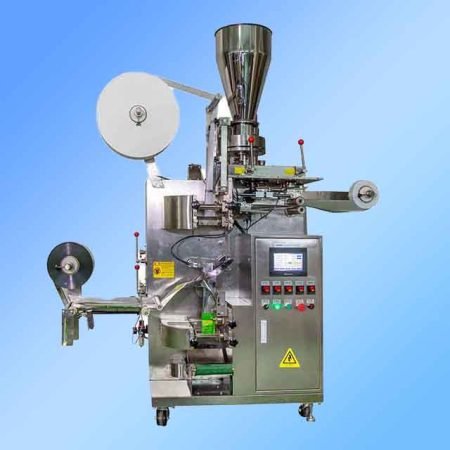
Packaging equipment control: In the packaging production line, it is used to control the movement of packaging machinery, such as carton folding, label attachment, etc., to ensure the efficiency.


